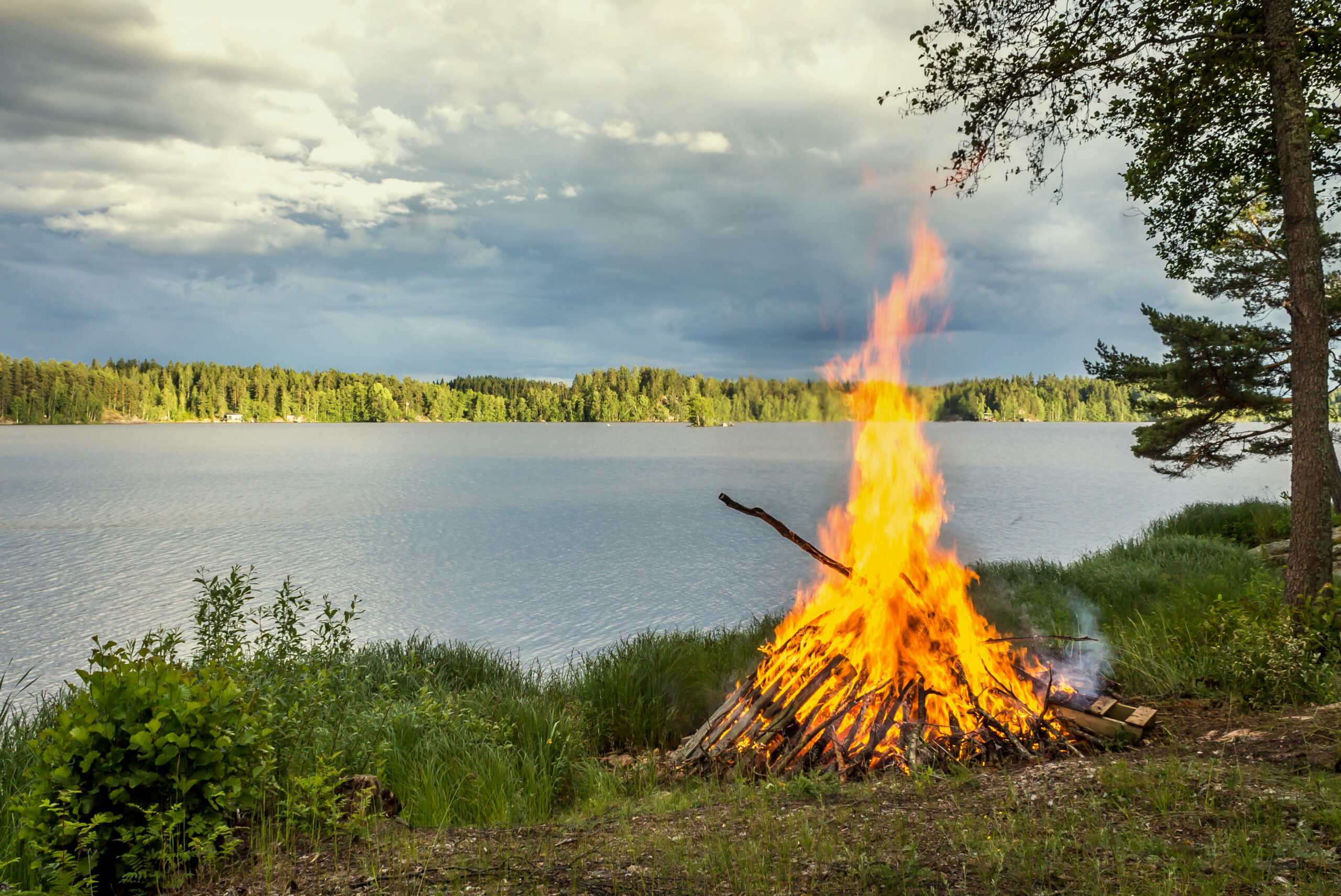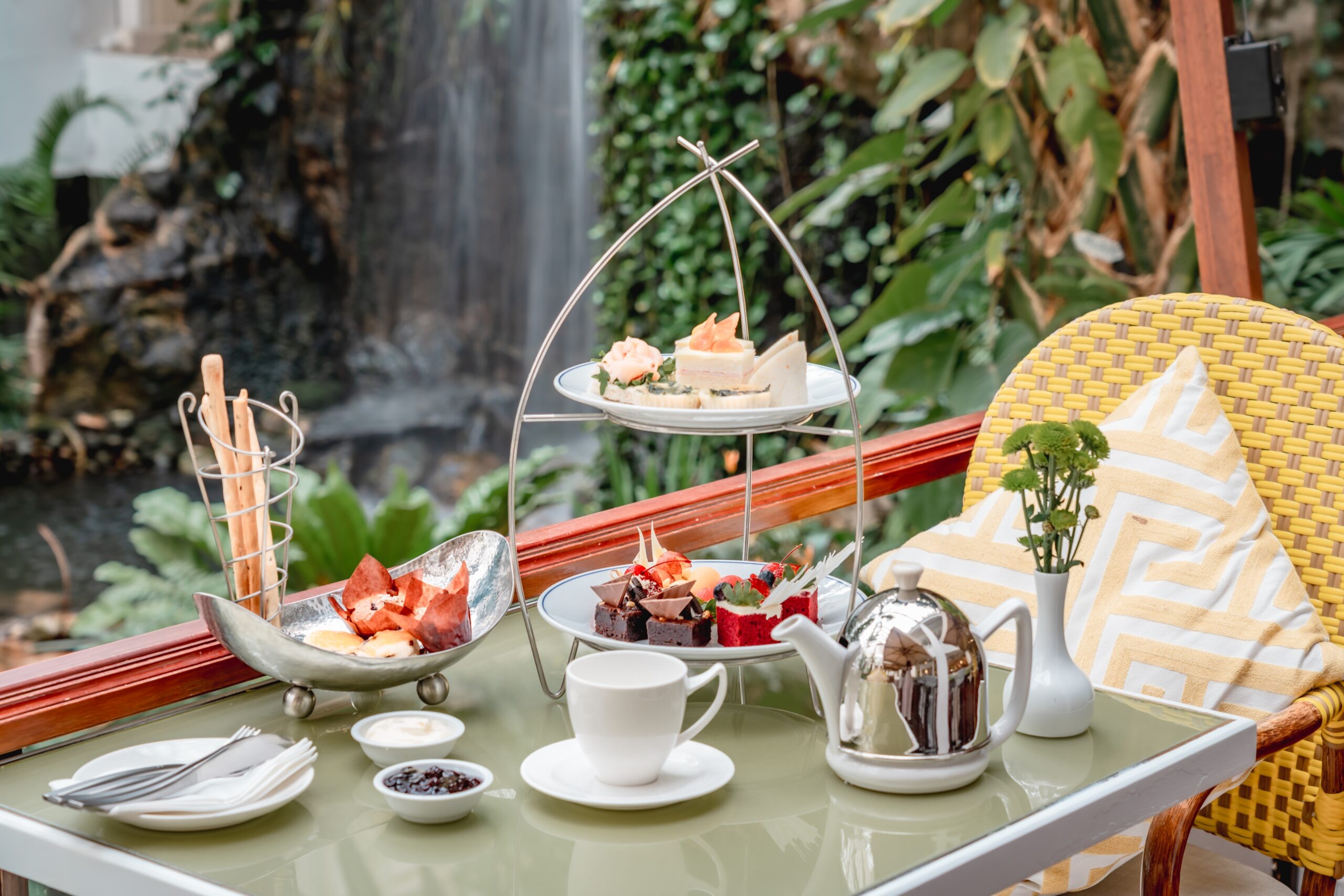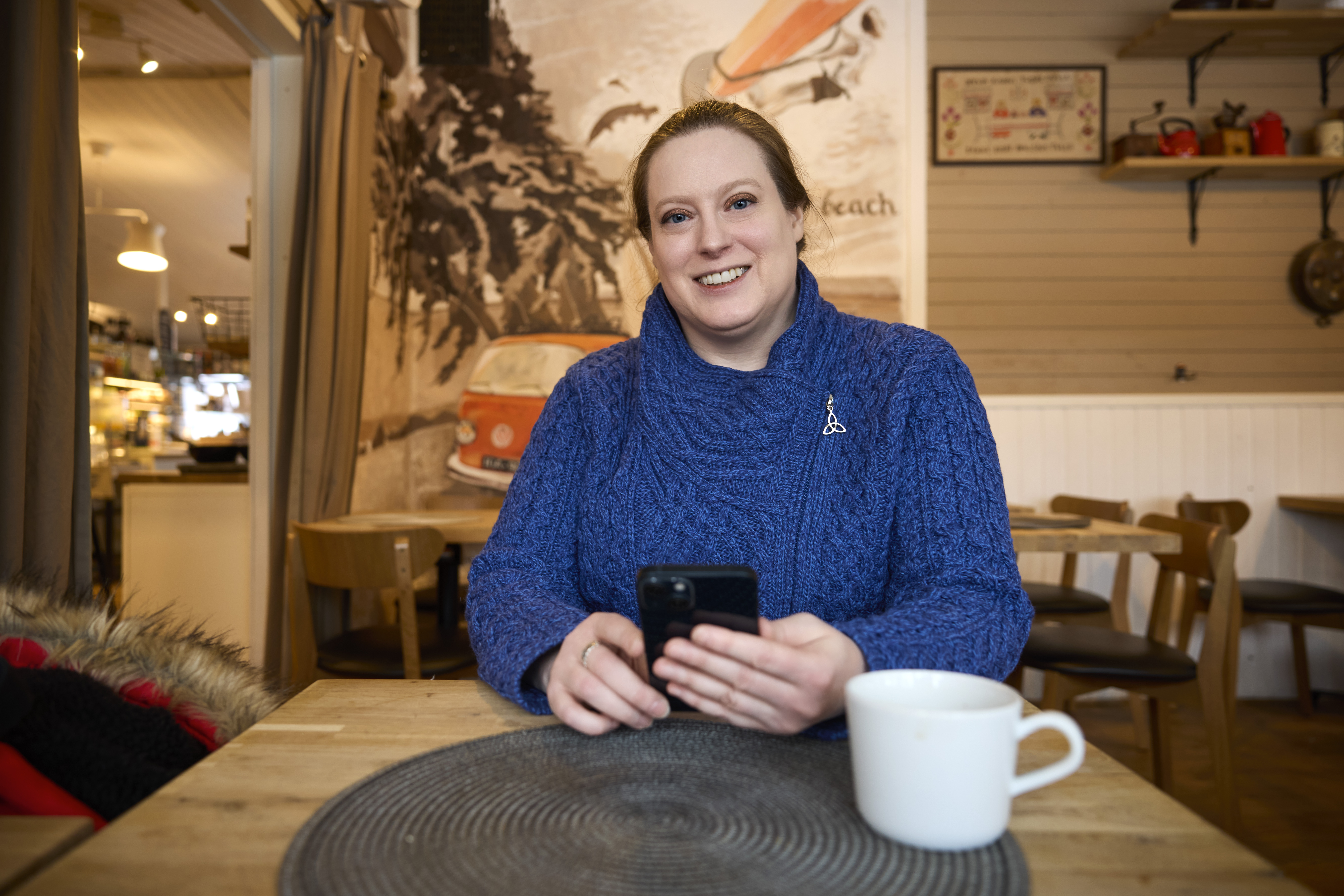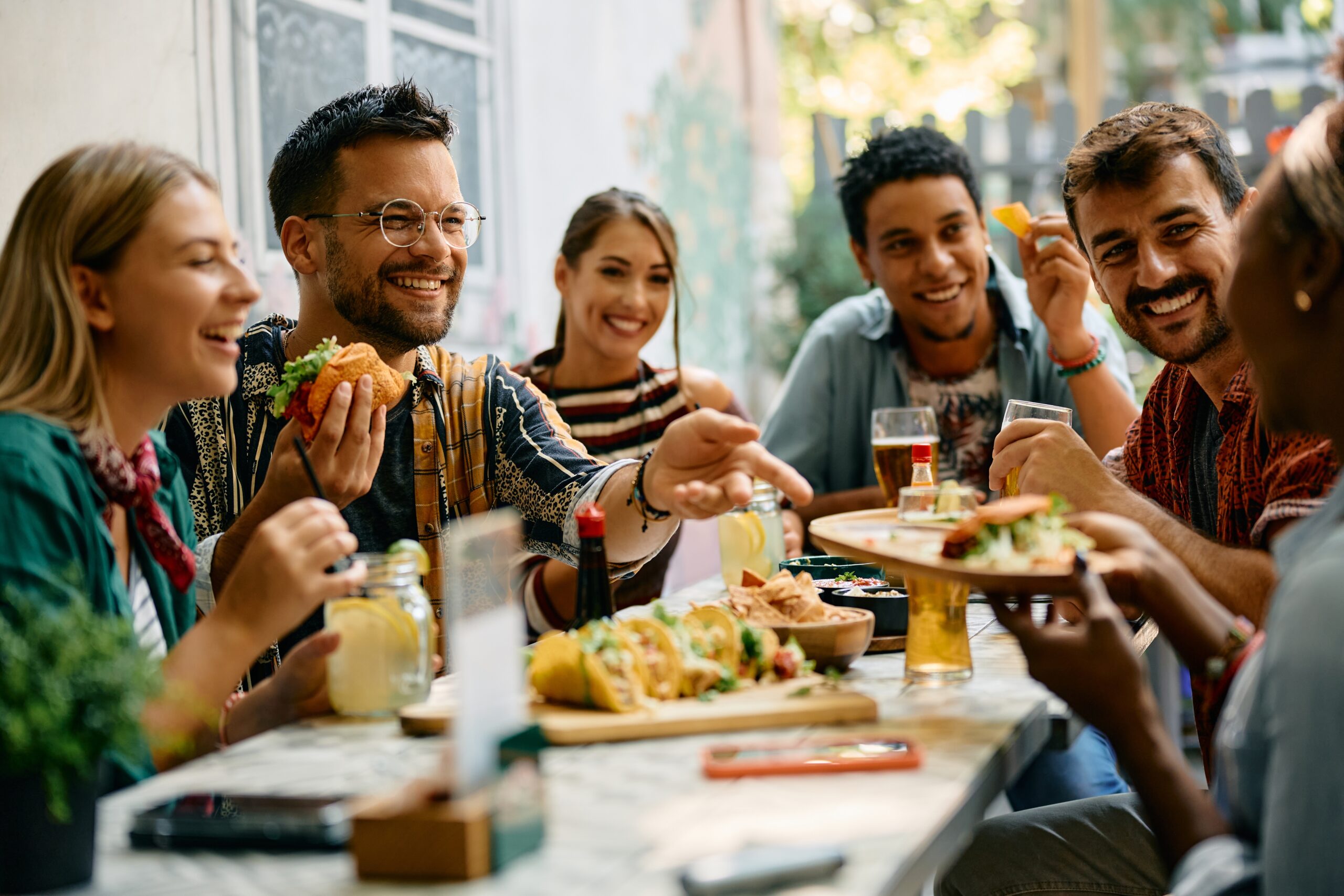Are you planning a trip to a country where you don’t speak the language? Maybe you’ve already thought about learning the basics of the language. We warmly recommend you to do so, because it’s definitely worth it.
In reality, knowing just a few words in the language will be useful when travelling. Often the bigger issue is having the courage to actually apply what you’ve learned in real-life situations.
No worries, here are some of our best tips on how to apply what you’ve learned and get even more out of your trip!
Why is knowing the local language useful when travelling?
Knowing the local language will help you immerse yourself in the foreign culture and provide more opportunities to get to know your destination even better.
Asking for directions, ordering food in a restaurant and renting a car – all these situations are easy to handle once you’ve mastered the relevant vocabulary. Your holiday will be easier when you can get around the language barrier and have everyday conversations in the local language.
Simply knowing the key phrases and having a basic knowledge of the language will often be enough to earn the respect and trust of the locals. They may then be more willing to share insider tips on local sights or the best restaurants that tourists don’t normally find.
In the best-case scenario, you will enjoy your holiday experience even more and be able to experience things that you won’t find in a guidebook!
How to build up the courage to use a foreign language when travelling
Even if you’ve mastered the basics of the language and the most common phrases, the thought of opening your mouth at the front desk of a hotel or in a restaurant can be intimidating.
Have you asked yourself where this feeling is coming from? Perhaps you’re worried that native speakers won’t understand you. Or you’re nervous about speaking a foreign language in front of your travelling companions.
How about suggesting a playful competition to the family members or friends you’re travelling with: which one of you has the courage to be the first to order in a restaurant in the local language? It doesn’t matter if you don’t get it quite right – you get points for trying!
Here are some more tips on how to start using a foreign language when travelling:
- Prepare well. Once you have a good command of the vocabulary and basic grammar, you’ll feel much more comfortable using the new language.
- Start with simple words and phrases: thank you, good morning, can I have the bill, please…
- Think about the worst thing that could happen. You may use the wrong inflected form of a word or resort to gestures in the middle of a sentence. But would that be so terrible?
Real-life language skills for your trip in just 63 hours
If you start studying well before your trip, you’ll have plenty of time to learn new phrases and revise what you already know, without pressure. In just 63 hours, you can achieve real-life language skills to help you handle a variety of situations in the new language.
You can distribute these 63 hours over e.g. 3 months, which means less than five hours of studying per week. And you’ll have even more time to prepare if you’re one of those people who always makes travel bookings well in advance.
You can certainly get by in English in most countries these days, but if you already have a good command of English, you could challenge yourself to learn another language. How about Spanish, French or Italian? WordDive courses, such as “Dinnertime”, “At the Hotel” and “In the City”, teach you key phrases that will help you communicate with locals.










